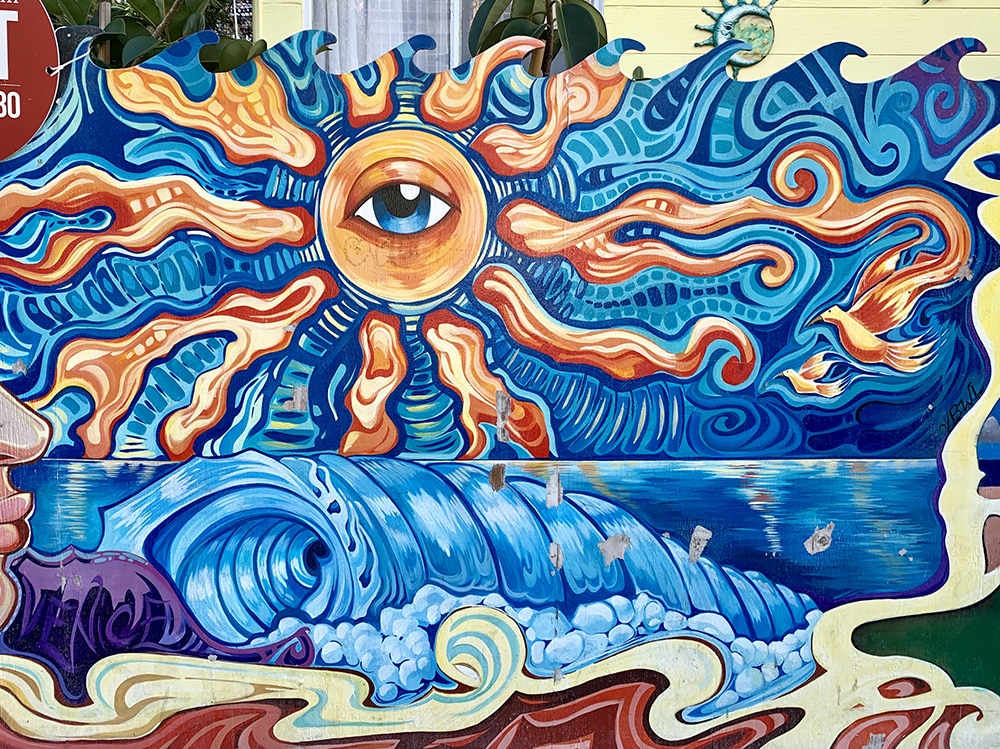In my last post I discussed the importance of defining the six aspects of the change you wish to undertake: the what, when, where, how, with whom, and why of change. Today I focus specifically on the why of change because it benefits from a deeper focus.
Decades ago Sakichi Toyoda, the chairman of Toyota Motors, developed a “root-cause” methodology for arriving at the underlying causes of production problems at the car company. He taught the production team to ask “why” up to five times, each time driving deeper into the origins of any issues that plagued their manufacturing process.
Regarding personal development, the Five Why’s are commonly used now to arrive at a deeper understanding of our motivations for the desires we experience in everyday life or the changes we seek to make.
Since we are social creatures many of our drives are communal in nature: we want to feel we belong, are accepted, and are well-thought of. Love is one such social drive. We want to love others and be loved by others. Even more foundationally, we want to know we have the ability to love others and also that we are lovable, that is, worthy and good enough to be loved. When these foundational needs are not fully met, we may continually strive through our lives to meet them in various, sometimes superficial, ways.
Other drives include the need for security. A person may not be happy unless they have millions of dollars in the bank or in investments. Nothing wrong with that. But if this need is extreme, it may relate to an underlying sense of insecurity, perhaps one developed during a childhood of want or of insecurity. It may help to ask oneself where this heightened need originated.
Two other drives are our need for mastery and for expression. We want to challenge ourselves, to push past old boundaries, and we want to express our uniqueness through an art form or lifestyle.
To stress, these drives and needs are part of what it means to be human. They are not bad or “silly.” You should approach this exercise with an attitude of self-compassion. You are engaging in this exercise to better understand what drives you. This exercise may even result in strong emotional reactions as you come to understand important aspects of yourself that perhaps you haven’t thought about before.
At the end of this exercise you may decide to make the change exactly as you first set out to do. Or perhaps you may alter it in some way. For example, if you understand your desire for higher status, you are in a better position to choose how you wish to achieve arrive at it. Perhaps you will define your own status to yourself not by the size of your house or brand of care you drive but by the charity work you do. And perhaps at the end of this exercise you may discover you are no longer strongly motivated to undertake the change you set out to make. And whatever you choose or no longer choose to do, you will have made your decision through a deeper understanding of yourself.
Watch the YouTube video here:
Thanks, happy New Year, and happy New Year’s resolutions. Until next time.
Dr. Jack
LanguageBrief
Today’s Quotes
“Never forget that once upon a time, in an unguarded moment, you recognized yourself as a friend.”
– Elizabeth Gilbert“I will not be “famous,” “great.” I will go on adventuring, changing, opening my mind and my eyes, refusing to be stamped and stereotyped. The thing is to free one’s self: to let it find its dimensions, not be impeded.”
– Virginia Wolf“It is difficult to make a man miserable while he feels worthy of himself and claims kindred to the great God who made him.”
– Abraham Lincoln







Leave A Comment